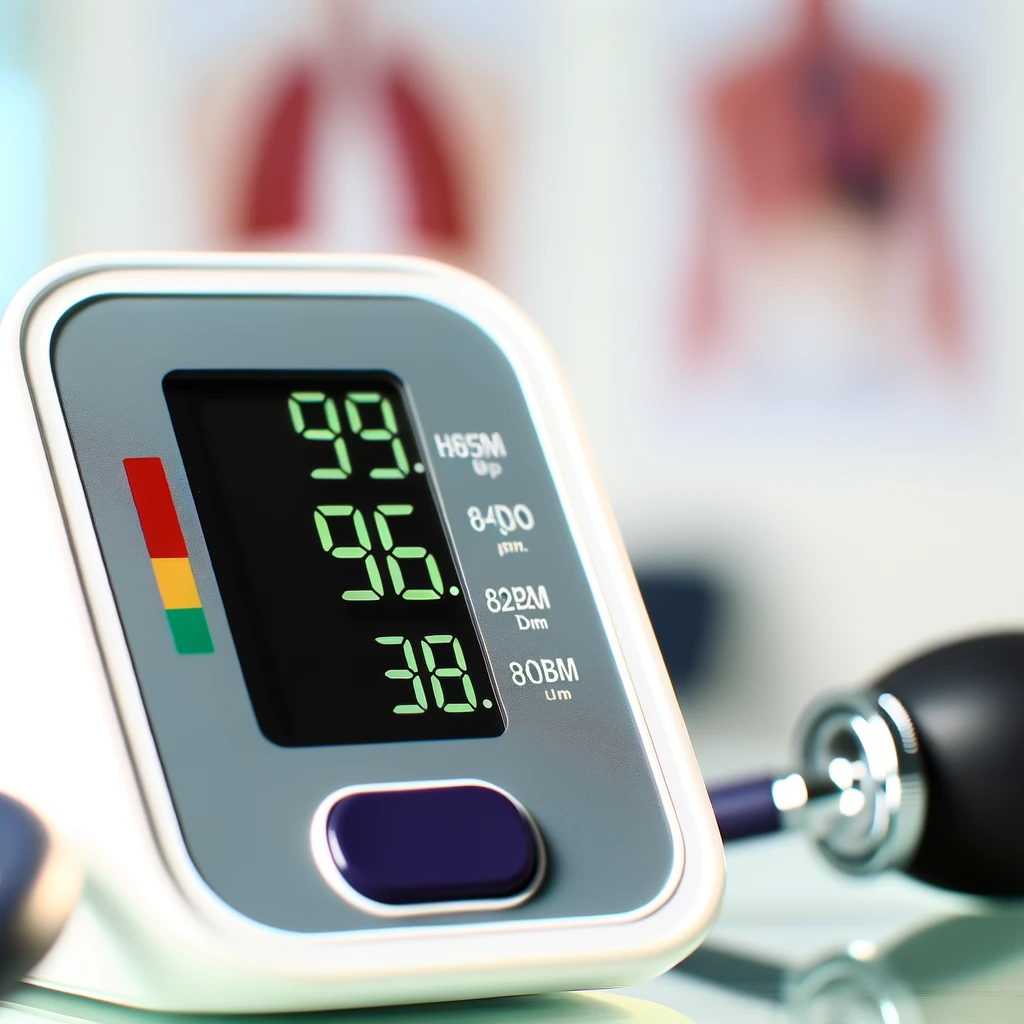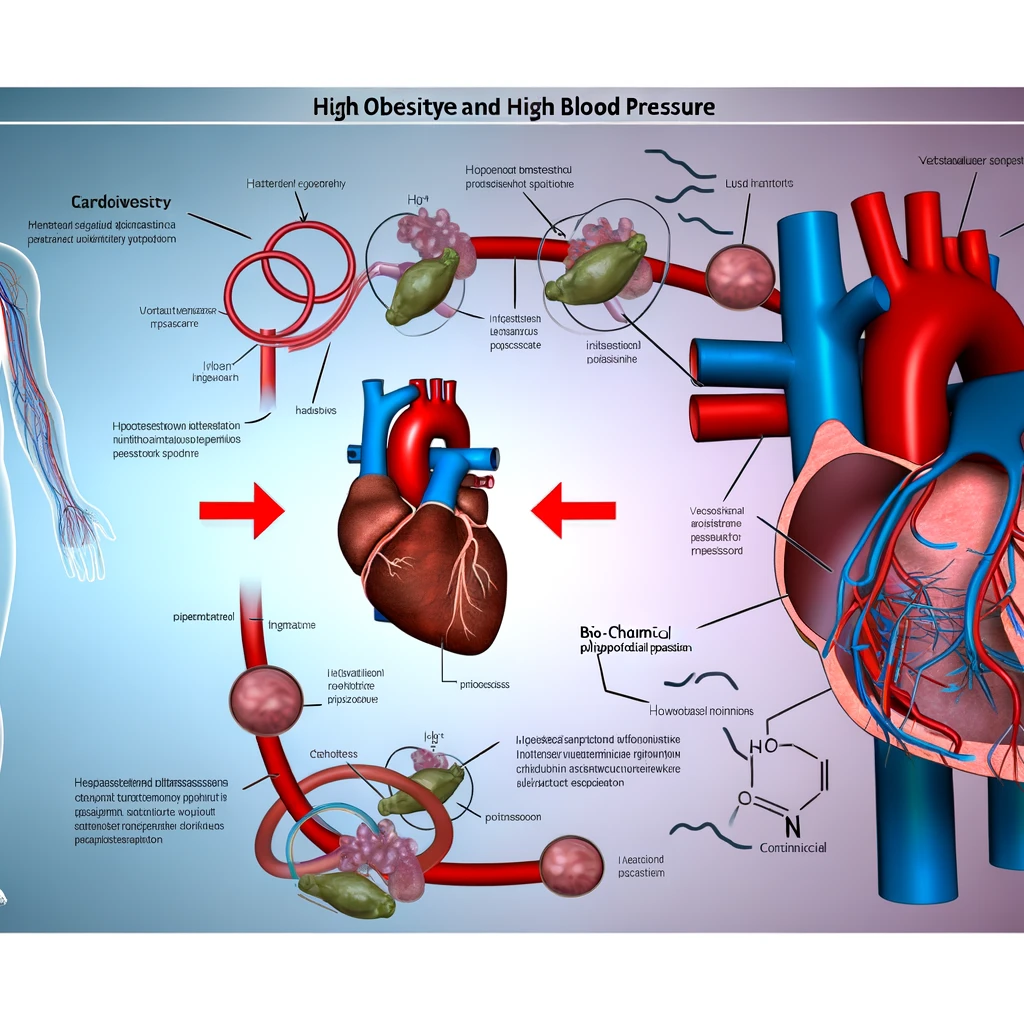Related Articles









Pregnancy is a transformative journey that involves several physiological changes, one of which is the fluctuation of blood pressure. Maintaining a healthy blood pressure is crucial for the well-being of both the expectant mother and her developing baby. This article explores how to manage blood pressure effectively during pregnancy, the risks associated with abnormal levels, and strategies for ensuring a healthy gestation period.
Blood pressure is the force of blood pushing against the walls of the arteries. During pregnancy, blood volume increases by 30-50%, which can affect blood pressure levels. Typically, blood pressure tends to decrease during the first and second trimesters, reaching its lowest point in mid-pregnancy, before gradually returning to pre-pregnancy levels in the third trimester.
High blood pressure, or hypertension, during pregnancy can lead to significant health issues, including preeclampsia, which can threaten the health of both mother and baby. Conversely, low blood pressure can cause dizziness and fainting, increasing the risk of falls.
Understanding the different types of hypertension that can occur during pregnancy is essential for effective management.
Gestational hypertension is diagnosed when high blood pressure develops after 20 weeks of pregnancy without the presence of protein in the urine or other signs of organ damage.
This type of hypertension is present before pregnancy or diagnosed before 20 weeks of gestation. Women with chronic hypertension are at higher risk for complications during pregnancy.
Preeclampsia is a pregnancy complication characterized by high blood pressure and signs of damage to another organ system, often the kidneys. It's crucial to manage preeclampsia promptly to prevent severe complications.
Maintaining a healthy lifestyle is key to managing blood pressure effectively during pregnancy.
Regular check-ups with a healthcare provider are vital. These appointments allow for monitoring blood pressure and catching any issues early.
A balanced diet rich in fruits, vegetables, whole grains, and lean proteins can help manage blood pressure. Reducing salt intake is also recommended.
Engaging in regular, moderate physical activity can help maintain healthy blood pressure levels. Activities like walking, swimming, and prenatal yoga are excellent choices.
Stress can contribute to high blood pressure. Techniques such as deep breathing, meditation, and prenatal massage can help manage stress levels.
In some cases, medication may be necessary to manage blood pressure. It's important to only take medications prescribed by a healthcare provider, as some drugs can harm the developing baby.
Managing blood pressure during pregnancy is a critical component of prenatal care. By understanding the changes that occur and adopting healthy lifestyle practices, expectant mothers can support their health and the health of their baby. Regular consultations with healthcare providers ensure that any issues are detected early and managed effectively.
Remember, every pregnancy is unique, and what works for one person may not be suitable for another. Always consult with a healthcare provider for personalized advice and care.